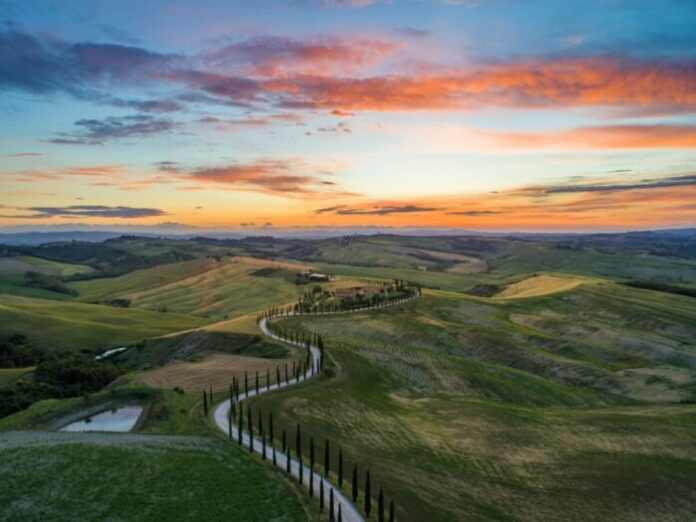
Talking about tourism today seems really unlikely. We are aware of having to stay home for a long time and we know that returning to the former life will be a long and very delicate process.
However, it is normal to ask whether in the coming months partial freedom will be allowed, a territorial movement even within a few kilometers for a few days of leisure, a moment to spend, even with families only, walking in the mountains, sunbathing in the seaside or to observe one of the many historical and artistic monuments of our beloved country. It is a legitimate question and deserves answers.
At the moment we are sure of few things. We can say that the Coronavirus experience will most likely also change the way we travel and spend our holidays. We will discover inhabitants of the world and different travelers, but in any case we will be allowed to recover a partial freedom and we will be able to return to an almost normal life.
One solution could be Undertourism, the opposite trend of Overtourism; the latter, much better known, is the phenomenon that affects uninhabitable cities, crowded with uncontrolled flows of tourists, and many urban destinations that are heavily transforming their socio-economic fabric due to the disruptive push of the most recent forms of tourist hospitality.
Undertourism is, instead, an environmentally sustainable form of tourism aimed at alternative destinations. Often these are destinations not contemplated in normal tourist flows, small jewels unknown to most, but full of attraction; they can also be places to savor with alternative ways of travel, such as a slower pace, moving with sustainable means such as walking or cycling, and may provide for greater contact with the natural environment and with the historical-cultural spirit of a place.
The economist and sociology theorist Jaques Attali also seems to be moving in this direction, who in an article written in his own hand on Linkedin entitled Que naîtra-t-il ?, says that economics and politics will be very different after this epidemic:
“… the economic-political power will belong to those who will be able to show more empathy towards others. The dominant economic sectors will also be those of empathy: health, hospitality, nutrition, education, ecology. By relying, of course, on the large networks of production and circulation of energy and information, necessary in all cases.
We will stop frantically buying useless things and return to the essentials, which is making better use of your time on this planet, which you will have learned to recognize as rare and precious … “.
From a tourism perspective, this could mean that the traveler of the near future will be more attentive to the discovery of healthy and culturally relevant lifestyles, choosing to turn their interest towards the communities where they can learn new things and towards ways of journey that will allow him to have been responsible towards the world in which we live. Put simply, the new tourism will be tourism linked to the care and well-being of the person, both for the body and for the mind; to ‘conscious’ catering, at km0, fair and fair; in short, eco-sustainable tourism.
For this reason the post-covid 19 traveler will certainly prefer small destinations, since they still retain authentic lifestyles and social life forms are more in synergy with the environment and the territory and in harmony with nature and nature. its biodiversity. In addition, these places far from mass tourism still preserve most of the traditions and intangible heritage of our country.
We just have to wait a little longer in our homes and prepare an itinerary in our minds in the lesser known places of our Italy: it will be a new experience, but full of surprises and emotions!



































